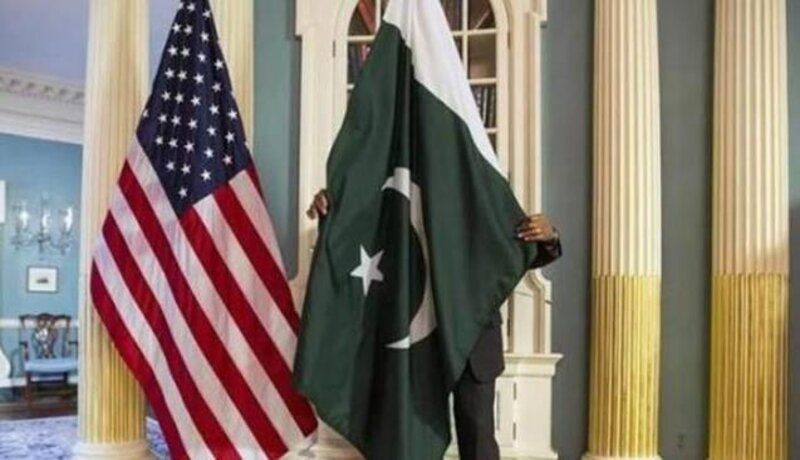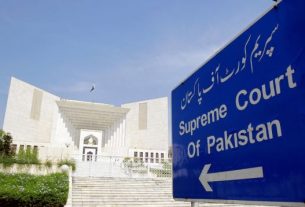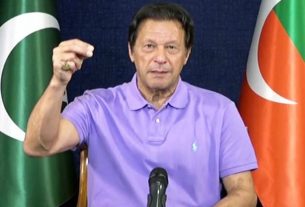WASHINGTON — In a rare display of bipartisan unity, members of the U.S. Congress have introduced sweeping legislation to hold Pakistani officials accountable for human rights abuses and attacks on democratic freedoms, according to “Dawn News”.
The measure, formally titled the Pakistan Freedom and Accountability Act (H.R. 5271), was unveiled by Representative Bill Huizenga of Michigan, a Republican who chairs the House Subcommittee on South and Central Asia, alongside Democratic Representative Sydney Kamlager-Dove of California. They were joined by a cross-party group of lawmakers including John Moolenaar (R-Mich.), Julie Johnson (D-Texas), Jefferson Shreve (R-Ind.), Rich McCormick (R-Ga.), Jack Bergman (R-Mich.), Joaquin Castro (D-Texas), and Mike Lawler (R-N.Y.).
If enacted, the bill would authorize the president to impose sanctions under the Global Magnitsky Human Rights Accountability Act, targeting current and former senior officials of Pakistan’s government, military, and security agencies deemed complicit in gross human rights violations or systemic corruption.
Supporters argue the measure is not merely symbolic but a pointed message to Islamabad that Washington is unwilling to overlook abuses in the name of stability. The bill echoes themes from House Resolution 901, passed in June with overwhelming bipartisan backing, which affirmed U.S. support for free and fair elections in Pakistan and urged the protection of democratic institutions.
“The United States will not sit idly by as officials in Pakistan commit or excuse blatant violations of human rights,” Huizenga said in announcing the legislation. “This act is about ensuring the voices of Pakistan’s people are not drowned out by authoritarian overreach.”
Kamlager-Dove emphasized that promoting democracy abroad is inseparable from American values at home. “At a time of democratic backsliding and global unrest, the U.S. must defend these principles and hold accountable those who trample them,” she said.
Johnson, a first-term Democrat from Texas, framed the issue in stark terms: “When officials undermine free elections or commit abuses, they must know there will be consequences. The world must understand: democracy cannot be subverted without cost.”
Diaspora’s role
The legislation reflects months of advocacy by Pakistani-American groups, who have pressed lawmakers to respond to what they describe as a deteriorating political climate in Pakistan.
Asad Malik, former president of the Pakistan-American Public Affairs Committee, hailed the measure as a watershed moment. “This bill empowers Pakistan’s people and ensures violators of democracy and human rights will be held to account,” he said.
Dr. Malik Usman of the organization First Pakistan Global noted that diaspora voices were crucial in shaping congressional momentum. “This is the product of relentless advocacy in Washington and grassroots organizing across communities,” he said. “It is a step toward Haqeeqi Azadi, real freedom for 250 million Pakistanis, including the release of political prisoners like Imran Khan.”
Next steps
The bill has been referred to both the House Foreign Affairs and Judiciary Committees, where observers say its bipartisan support gives it unusual momentum. Though its ultimate fate remains uncertain, its message is unmistakable: Congress intends to put Pakistan’s leaders on notice.
“This is more than legislation,” Malik added. “It is a declaration that Congress is listening, and that Pakistani-Americans will not stop until democracy and human rights are restored in Pakistan.”
With the measure, the U.S. once again positions itself as a defender of democratic values abroad, this time with Pakistan squarely in focus.





